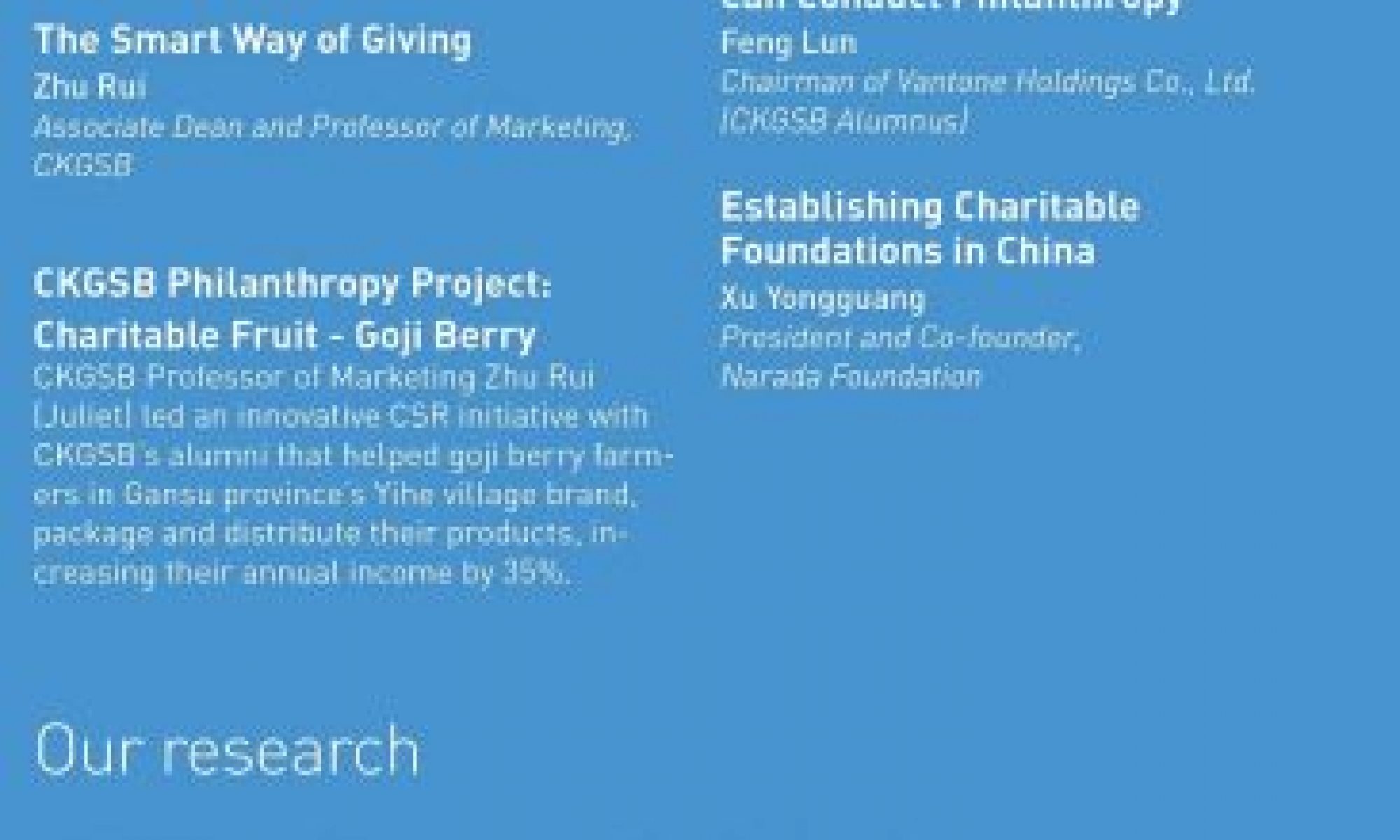
Biography
Dr Huai Zhang received his Ph.D in Accounting from Columbia University in 2000. He taught at University of Illinois at Chicago and was promoted to Associate Professor with tenure at University of Hong Kong before joining Nanyang Business School in 2006. He has published in major accounting and finance journals, including Journal of Accounting and Economics, Journal of Finance and Review of Accounting Studies. He received the Best Paper Award at the 2004 International Finance Conference and the 2016 Midwest Finance Association Meeting. He was also the recipient of Nanyang Business School Research Excellence Award in 2011 and 2013. He sits on the editorial board of Review of Accounting and Finance and The International Journal of Accounting, both refereed academic journals, and is an ad hoc reviewer for journals such as Journal of Accounting Research, The Accounting Review, Contemporary Accounting Research and Review of Accounting Studies. He is the keynote speaker at the 5th Annual International Conference on Accounting and Finance, the 1st Boya Management Accounting Research Forum, and the 14th International Symposium on Accounting Research in China. In recognition of his contributions to China-related studies and his efforts in nurturing local researchers, the Fujian Province Government in China conferred him the title of “Ming Jiang Scholar” (闽江学者) in 2015.










